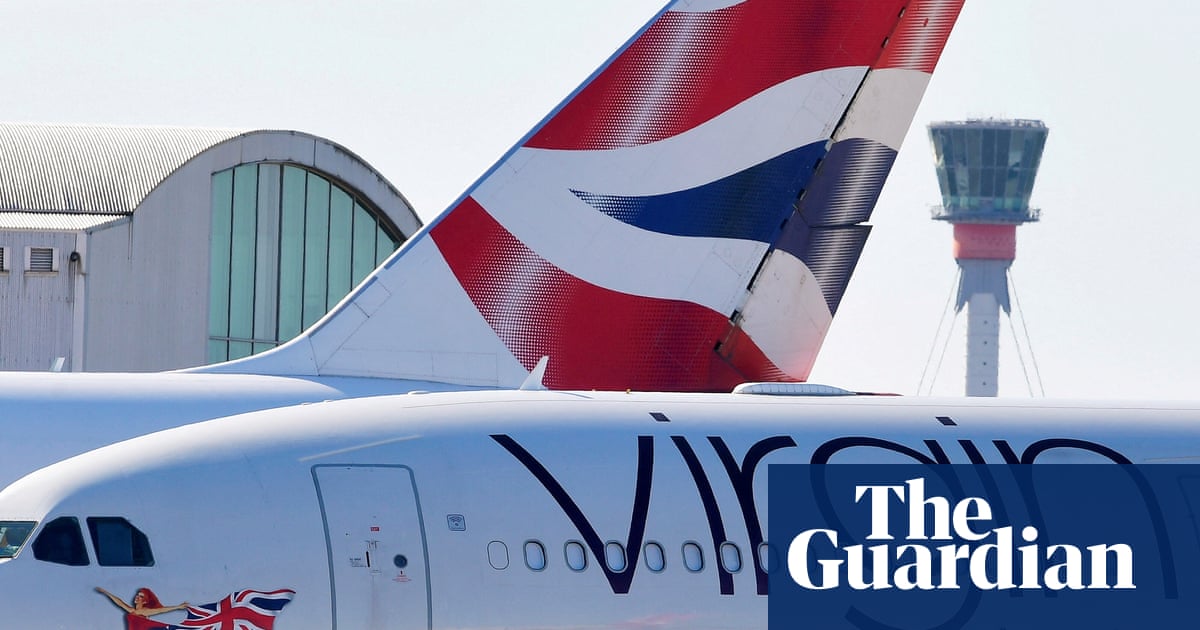
BA owner’s shares fall as Virgin Atlantic warns of slowdown in US demand
Virgin Atlantic has warned of a slowdown in demand for transatlantic travel, prompting a further fall in the share price of rival British Airways’ owner, IAG.
Both UK long-haul carriers lean heavily on lucrative routes between London and North America to boost their profits, and analysts have warned that economic uncertainty and growing tension between the US and Europe could start to harm their business.
Virgin Atlantic, Sir Richard Branson’s airline, said trading had been strong at the start of 2025, as it announced a return to profit for the first time since the Covid pandemic in its full year results for 2024.
Shai Weiss, the Virgin Atlantic chief executive, said 2024 was “a turning point for Virgin Atlantic and the culmination of our transformation”, adding that this year would bring new transatlantic routes to Toronto and Cancún as well as a new Virgin clubhouse in Los Angeles.
But in accompanying comments, the Virgin Atlantic chief financial officer, Oli Byers, said: “In the past few weeks, we have started to see some signals that US demand has been slowing.”
Byers indicated that the slowdown was hitting bookings in the second quarter – a peak period of travel. He added: “We think that is quite a natural reaction to general consumer uncertainty.”
IAG shares fell in the hours after Byers comments and closed down 6.6%, making it the top FTSE faller on Monday.
Last month it reported annual profits of £2.2bn as a result of a booming transatlantic market. But after its stock market value more than doubled to reach a post-pandemic high in early February, it has since tumbled by 30%.
A weakening dollar threatens to curtail its growing base of high-spending Americans booking premium seats, while analysts have warned that the slump in bookings between Canada and the US due to emerging hostilities could be replicated across the Atlantic.
Faltering economic confidence in the US may be the primary factor, with US airlines warning of weak domestic demand earlier this month, a slowdown that could spread to hit international routes. BA’s US partner in its transatlantic alliance, American Airlines, has seen its share price dwindle by 40% in two months.
In a note this month provocatively titled “The golden goose is cooked”, Barclays’ Andrew Lobbenberg switched to advise investors to sell rather than buy IAG shares, stating that the airline group was the most exposed to the US and reliant on the transatlantic for its profits.
Tariffs on international trade mandated by Donald Trump have rocked stock markets, and Lobbenberg warned: “The weakening wealth effects that emerge from volatile financial markets may particularly weigh on the confidence of the affluent premium leisure market. Given the real significance of premium leisure demand to full-service carrier economics, we think this is a particularly relevant threat.”
after newsletter promotion
He also pointed to anti-Tesla protests and a decline in sales of Elon Musk’s cars in Europe in a combination of factors that could hit IAG and other leading airlines.
Last week the aviation analytics company OAG reported that advance passenger bookings on Canada-US routes were down by 70% from the same period in 2024. Stricter border policy – which has included the high-profile detention for weeks of a Canadian woman without the correct visa – has led to the UK Foreign Office revising its advice for citizens travelling to the US to warn that a wrong visa could lead to arrest or detention.
European travel agents have also reported a drop in searches for trips to the US, with Reuters recently reporting signs of consumer travel boycotts – not least in Denmark over the Trump administration’s moves on its semi-autonomous territory of Greenland.
Virgin Atlantic posted a pre-tax profit before exceptional items of £20m, up from a pre-tax loss of £139m last year.
The airline reached record revenues of £3.3bn, up £183m from the previous year, with 8% more seats and continued demand for business and premium leisure travel, it said, with its Virgin Atlantic Holidays division, which counts Florida as a key market, reporting revenues up 10% to £517m.










